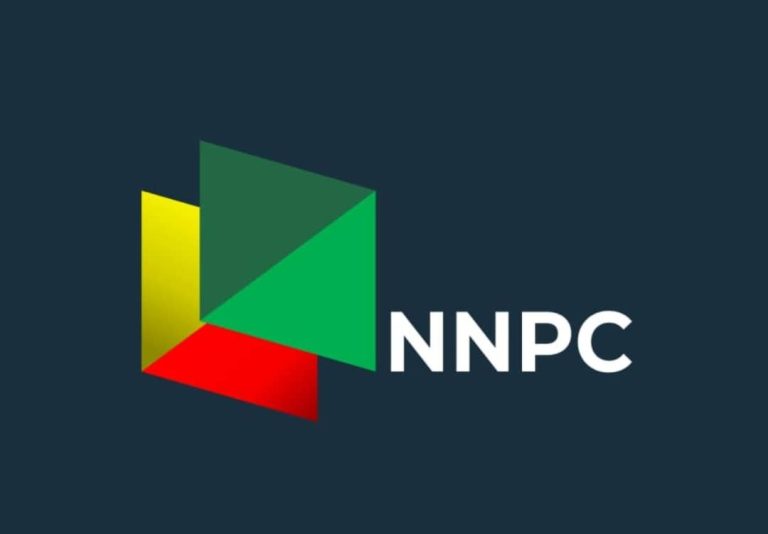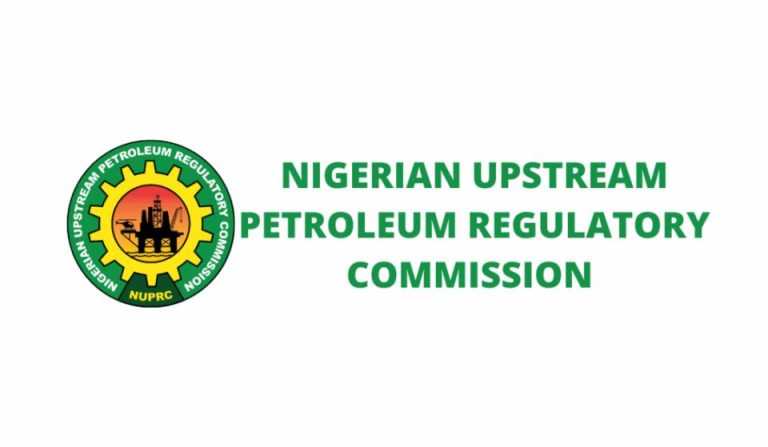
NUPRC’S LENIENCY ON NNPC,OTHERS RAISES CONCERNS OVER REGULATORY EFFECTIVENESS
This page is supported by Shell Nigeria. Click here for more information
GREATTRIBUNETVNEWS–Nigerian Upstream Petroleum Regulatory Commission (NUPRC) is facing criticism for its soft stance on the Nigerian National Petroleum Company Limited (NNPC) and other licensees in the oil and gas sector. The NUPRC’s Chief Executive, Engr. Gbenga Komolafe, attributed this leniency to Nigeria’s economic dependence on oil revenue and the volatility of the industry . However, this also raises concerns about regulatory effectiveness and accountability in the oil and gas sector.
The Chief Executive of NUPRC, Engr. Gbenga Komolafe ties the constraint to the fact that the agency was conscious of the volatility of the industry as well as Nigeria’s economic dependence on oil revenue to avoid anything that can cause untoward effects to the country.
He spoke on Monday at the further hearing of the Public Accounts Committee (PAC) of the Nigerian House of Representatives,which has also constituted two sub-committees to ascertain the state of indebtedness of Nigerian National Petroleum Company (NNPC) Limited and others in Oil and Gas Industry to tand others in Oil and Gas Industry to the Federation Account as well as analysis of NUPRC Remitta records.
Engr. Gbenga Komolafe,who responded to the issue of outstanding royalties raised in the Auditor-General 2021 report on the consolidated financial statement against his agency, said the outstanding revenue due from NNPC as of 31st Dec 2021 has been paid to the tune of $224.3m,leaving a balance of $29.6m that is still outstanding.
“NUPRC has sent a series of demand notices to the NNPC to clear the outstanding debt and even reported them to the Honourable Minister of Finance to intervene but to no avail.”
“The NUPRC has a revenue collection strategy which includes sanctions and invocation of fine and penalty sections of PIA2021,” he stated.
Regulatory Challenges
The Petroleum Industry Act (PIA) 2021 aimed to transform the Nigerian oil and gas industry, but implementation has been slow . The NUPRC must balance economic considerations with regulatory oversight to ensure compliance.
*Key Issues*
– _Economic Dependence_: Nigeria’s reliance on oil revenue makes it challenging for the NUPRC to impose harsh penalties.
– _Industry Volatility_: The oil and gas sector’s inherent volatility requires careful regulation.
– _Accountability_: The NUPRC’s leniency raises questions about its ability to hold operators accountable.
*Way Forward*
To address these concerns, the NUPRC should:
– _Strengthen Regulatory Frameworks_: Establish clear guidelines and enforcement mechanisms.
– _Increase Transparency_: Provide regular updates on regulatory actions and decisions.
– _Enhance Accountability_: Ensure operators comply with regulations and standards.
By addressing these challenges, the NUPRC can ensure a more effective and accountable regulatory environment for Nigeria’s oil and gas sector.






